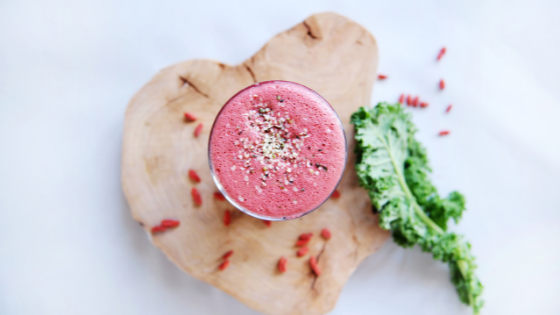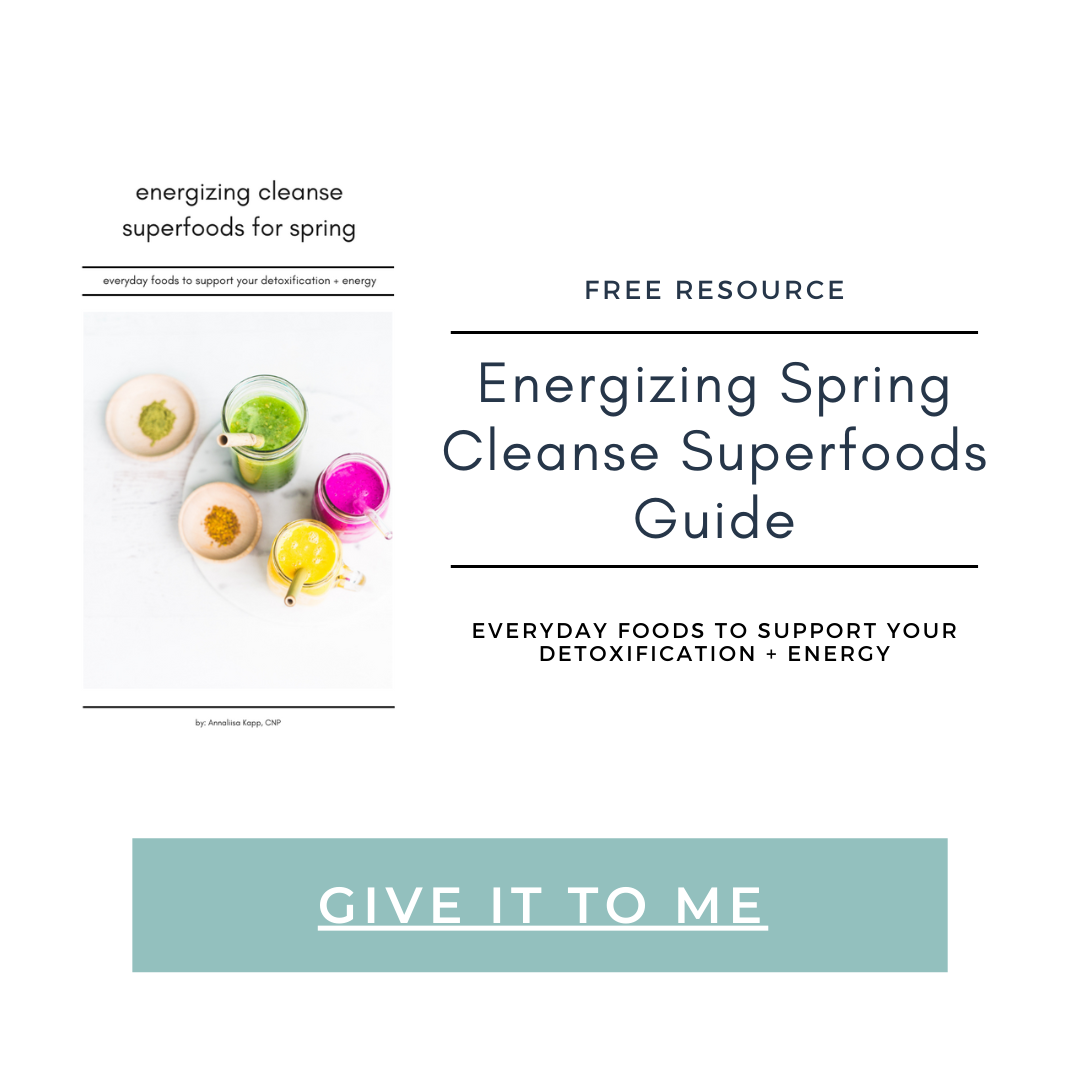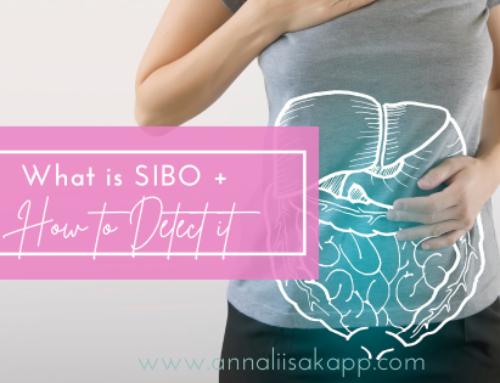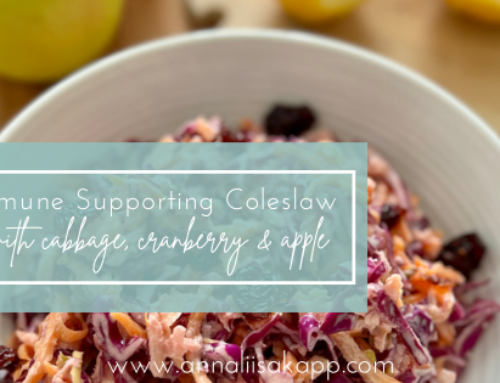
.
There’s A LOT of talk in the health world about gut health these days. You’ve probably even heard that the key to reversing a whole host of health issues, ranging from skin issues to serious autoimmune conditions, starts with healing your so-called leaky gut.
Afterall, Hippocrates is famously credited with stating that “all disease begins in the gut”.
Several factors are thought to disrupt the normal intestinal environment and contribute to a leaking gut.
.
But what the heck is a “leaky gut” – and how do I know if mine is actually leaking?
This refers to damage and/or thinning of the lining of the small intestine (aka, your gut). Your small intestine acts as the barrier between the outside world and the rest of your body – a pretty important job!
The small intestine is also where partially digested food from the stomach (and anything else you take in from the outside world, like medications and supplements) is further broken down and absorbed into the bloodstream, where it is then carried for use throughout the rest of the body.
If your intestinal wall is damaged, thinned, or has gaps in it – known as impaired intestinal permeability, the breakdown and absorption of the food you eat is also impaired.
Partially digested compounds, bacteria, and chemicals that shouldn’t be absorbed can quite literally “leak” across the intestinal membrane and into your bloodstream.
The immune system then kicks into action, reacting to these foreign substances that have crossed the intestine as dangerous intruders.
.
It is believed that this immune response (from leaky gut) may be the underlying cause of other diseases, like:
- Systemic inflammation
- Irritable bowel syndrome (IBS)
- Food allergies and intolerances
- Nutrient deficiencies
- Celiac disease
- Diabetes
- Autoimmune disorders (like Hashimoto’s Thyroiditis & Rheumatoid Arthritis)
- Mood disorders
- Skin conditions like eczema
- Hormonal imbalances (ex estrogen dominant conditions like PMS, hot flashes, fibrocystic breasts, etc)
Several factors are thought to disrupt the normal intestinal environment and contribute to a leaking gut.
.
Contributors to leaky gut include:
- Excessive intake of calories, unhealthy fats, refined grains, sugars, and alcohol, which promote inflammation and digestive trouble.
- Eating foods that you may be intolerant or sensitive to, ex. gluten containing grains, dairy, or corn.
- Toxins from the environment, such as glyphosate (pesticide), can act as an antimicrobial to the good bacteria in the gut, leading to more digestive inflammation & damage to the gut lining.
- The use of antibiotics and NSAIDs (i.e. ibuprofen), antacids, steroid drugs, and oral contraceptives. These can disrupt the balance of good and bad bacteria in the gut and cause damage to the lining of the gastrointestinal system, respectively, if used frequently.
- Disturbances in the gut microbiome. Overgrowth of bad bacteria or yeast in the small intestine in relation to the good, healthy bacteria (your gut flora) that help digest your food.
- Chronic stress and/or trauma, which can also cause inflammation throughout the body, including your gut.
Most healthcare professionals don’t recognize leaky gut as a real diagnosis and there isn’t a standard test to determine if you are suffering from it. Functional practitioners, however, have access to more testing, such as Zonulin levels, comprehensive stool & food sensitivity testing, which will help you get to the root cause of your digestive problems.
If you’re experiencing digestive woes, such as those listed below, it’s possible your gut health and digestion may be impaired and that your gut is, in fact, in need of healing.
.
Leaky Gut Symptoms
- daily abdominal bloating
- abdominal pain
- irregularity (constipation and/or loose stools)
- multiple environmental and food sensitivities
- acne or eczema
- nutrient deficiencies (ex. iron deficiency anemia)
- unexplained aches and pains
- mood disturbances like anxiety & depression
.
Good habits to support a healthy intestinal environment and properly functioning gut include:
- Eat whole, minimally processed foods with a focus on fibre-rich plant foods.
- Include fermented foods, like raw sauerkraut or kimchi, naturally cultured yogurt & kefir (unsweetened), or kombucha, which contain good-for-your-gut bacteria.
- Sip bone broth or take a collagen supplement. Collagen is thought to help rebuild and restore the gut lining.
- Take an omega-3 supplement or include 2-3 servings of fatty fish each week to help combat inflammation.
- Take a daily probiotic supplement to support your gut microbiome.
- Find natural alternatives to pain relief, like essential oils or meditation, instead of relying on over-the-counter NSAID’s which are known to damage the lining of the gut and cause digestive issues.
- Reduce your overall inflammation by reducing problematic foods such as gluten from your diet for at least 30 days
- Support liver function, which is in charge of producing bile & eliminating toxins. Adding in liver supporting foods, such as broccoli, grapefruit, and ground flaxseeds will help to support healthy elimination pathways and digestive health.
- Reduce alcohol and never drink alcohol on an empty stomach.
- Don’t eat on the run and support your parasympathetic nervous system by utilizing daily stress management (like deep breathing, nature walks, adaptogenic herbs for adrenals, prioritizing sleep)
.

.
RECIPE
Gut Soothing Berry Smoothie
Ingredients
- 1 cup unsweetened non-dairy milk
- ½ cup kefir (or plain, unsweetened whole milk, naturally cultured yogurt)
- 1/2 cup broccoli sprouts (or dark green leafy vegetables like kale)
- 1 cup berries, any kind
- 1 Tbsp chia seeds or ground flax
- 1 scoop collagen powder
- 1 Tbsp hemp seeds
Preparation
- Place all ingredients in blender and blend until desired consistency reached.
- Take 5 deep breaths prior to drinking your smoothie to put your body into a parasympathetic nervous system, so it’s better able to activate your digestion and break foods down. Enjoy for breakfast with your favourite foods or an afternoon snack!
Adding in certain nutrients, such as those found in cruciferous vegetables, as well as chlorophyll rich foods, help to properly convert toxins and assists in elimination, and support a healthy thriving digestive system. For more on these foods, grab your Top Spring Cleanse Superfoods Guide below.






